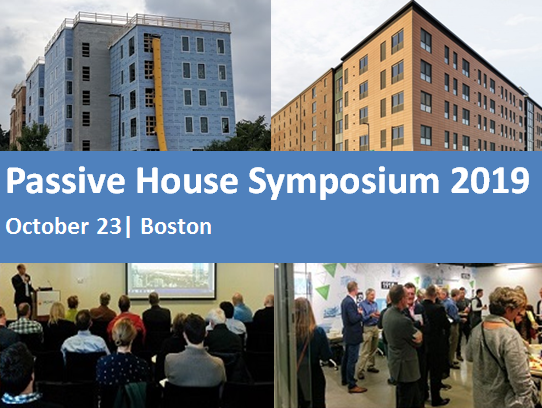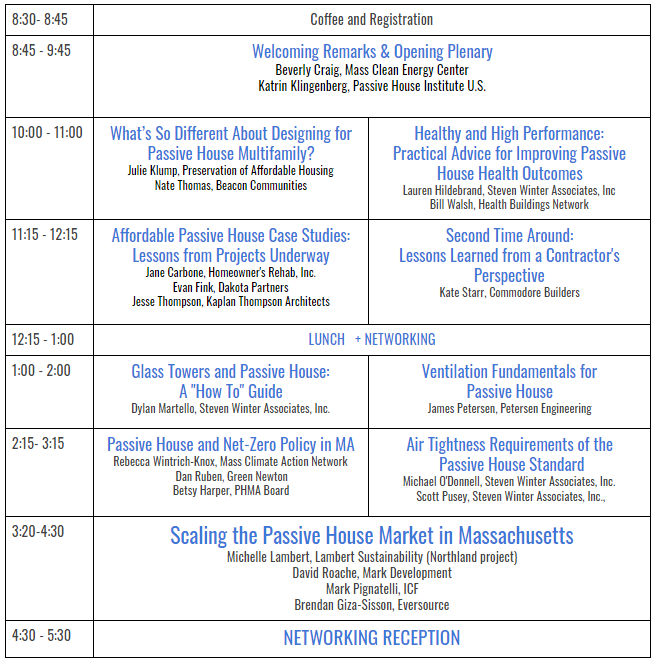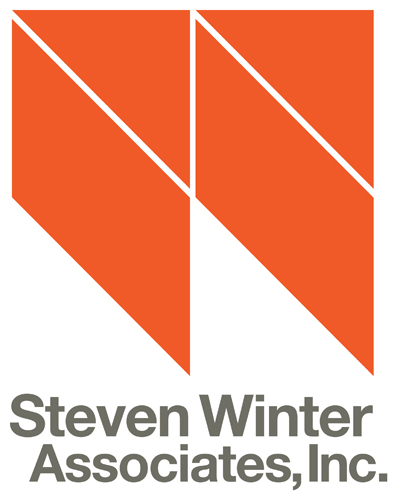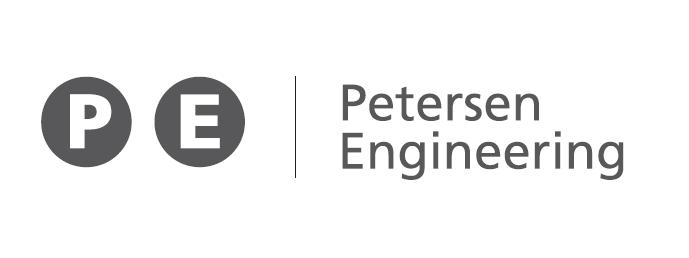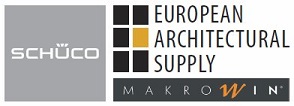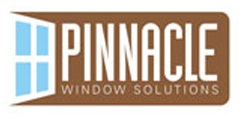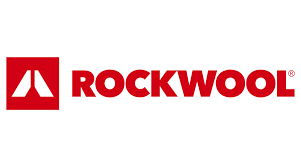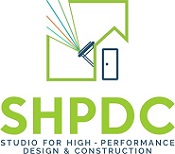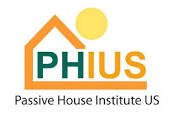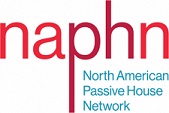Wednesday, Oct. 23rd | BSA Space, 290 Congress St | Boston
Passive House is reaching new heights in Massachusetts. From multi-family buildings to commercial office spaces and college residence halls, projects of all types are looking to the Passive House standard as the best option for achieving low-carbon healthy spaces and a pathway to net-zero communities.
Join us for our annual symposium showcasing this new wave of buildings as well as case studies and lessons learned from past projects, technical advances in products and strategies, updates to certification standards, and announcements about funding and financing initiatives.
Lunch and networking reception included. Discounts available for students and non-profit & government employees.
Schedule and Sessions
Opening Plenary
After welcoming remarks from Beverly Craig of the Massachusetts Clean Energy Center on the momentum Passive House has now achieved in the state, Katrin Klingenberg, Executive Director & Co-Founder of the Passive House Institute, U.S., will present on the PHIUS+2018 and PHIUS+Core updates to certification metrics and how they impact source energy, with a focus on how larger projects are addressed and how we can keep this momentum growing.
Closing Session: Scaling the Passive House Market in Massachusetts
An incentive program for multi-family Passive House buildings has now been launched from Mass Save. This session will feature two developers who are using this program to make their projects Passive - and then welcome representatives of the program to review the details, answer your questions, and discuss how these incentives set-up the future of Passive House and low-carbon building in the state.
Michelle Lambert, Lambert Sustainability (Northland Development project)
David Roache, Mark Development
Mark Pignatelli, ICF
Brendan Giza-Sisson, Eversource
What’s So Different About Designing for Passive House Multifamily?
This session will present on two in-development, multifamily projects right here in Boston: POAH’s Mattapan Station and Beacon’s Old Colony Phase 3. Featuring Julie Klump of Preservation of Affordable Housing and Nate Thomas of Beacon Communities.
Affordable Passive House Case Studies: Lessons from Projects Underway
This session presents on lessons learned from ongoing multifamily projects in the Cambridge and Hanson.
Jane Carbone, Homeowner's Rehab, Inc.
Evan Fink, Dakota Partners
Jesse Thompson, Kaplan Thompson Architects
Second Time Around: Lessons Learned from a Contractor's Perspective
Kate Starr of Commodore Builders discusses Commodore's experience with Passive House, from the state's first multifamily building (Distillery North) to a newly completed college residence hall (Wheaton College), highlighting the lessons they've learned along the way.
Air Tightness Requirements of the Passive House Standard
Michael O'Donnell and Scott Pusey of Steven Winter Associates, Inc., the PH consultant on more than two dozen multi-family PH projects in the Northeast, will discuss how achieving the stringent air tightness requirements of the PH standard requires careful coordination through all phases of design development and construction. In this presentation, the team will take you through the steps and tools necessary to meet these strict requirements. They will share successes and failures and make recommendations to help the audience reach these targets. The session will describe the necessity for integrated design, air barrier documents, and inspections and testing tools and protocols.
Ventilation in Multifamily Passive House Buildings
This presentation from James Petersen of Petersen Engineering will discuss ventilation design fundamentals and best practices in multi-family residential for successful indoor air quality outcomes including how changes and advancements in technology, codes, enclosures, occupant expectations, and the climate keep the practice of HVAC design in flux.
Glass Towers and Passive House: A "How To" Guide
Can glass towers be energy efficient? What about Passive House glass towers? This presentation Dylan Martello of Steven Winter Associates, focuses on the technical challenges associated with designing and building energy efficient curtain wall systems. Lessons learned from the design of the Passive House Pilot Project – Winthrop Center, located in downtown Boston – will be shared. The key topics of the presentation are how density and internal gains affect the design of curtain wall buildings, the typical challenges and constraints with high-rise curtain wall, the current status of the US market of curtain wall systems, and the thermal analysis required to evaluate customized curtain wall systems used in Passive House projects.
Healthy and High Performance: Practical Advice for Improving Passive House Health Outcomes
A panel discussion examines drivers of residential indoor air pollution and provides opportunities to improve health equity, including practical recommendations for moving up the ladder of healthier materials. What's the role of public health research? What can recent studies tell us about ventilation criteria for families and community? Strategies emerge to make the case for expanding the definition of high-performance to include human health. What's the role of Passive House?
Lauren Hildebrand, Sustainability Director, Steven Winter Associates
Bill Walsh, President Health Buildings Network
Passive House and Net-Zero Policy in Massachusetts
In this session Rebecca Winterich-Knox of the Mass Climate Action Network will present on ongoing initiatives to update the state building code for Net-Zero and Passive House construction and Dan Ruben of Green Newton will discuss efforts on a municipal level to include Passive House as part of local policies. Betsy Harper of the PHMA Board will the discuss how these efforts are spreading throughout the state. Learn how an updated building code will impact Passive House, what actions you can take to influence it, and what local communities are doing to move to low-carbon, net-zero, Passive House construction.
